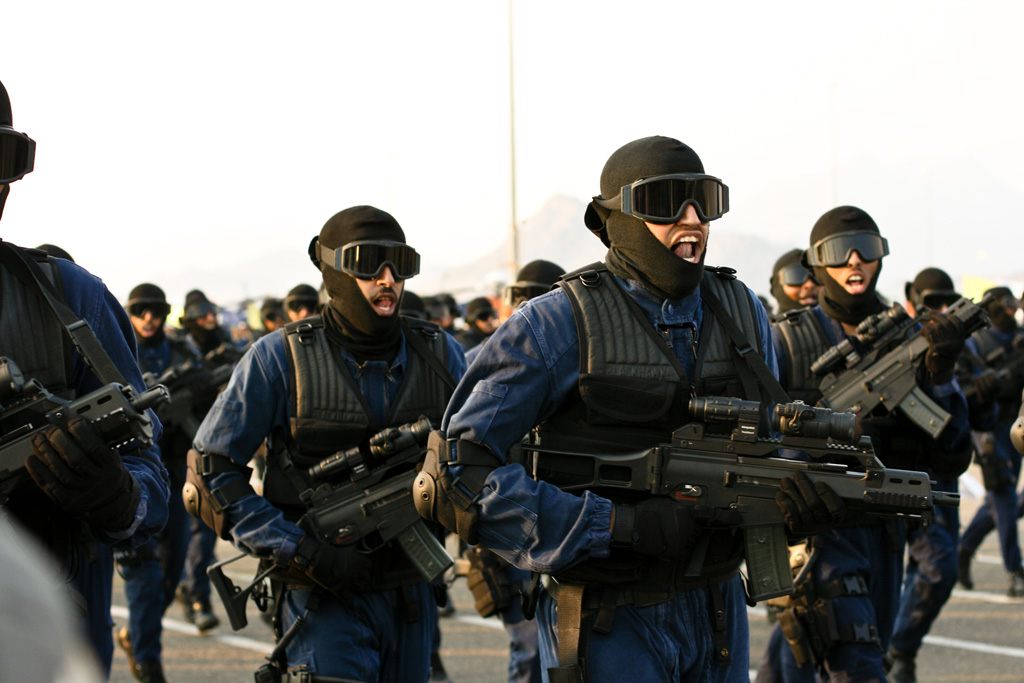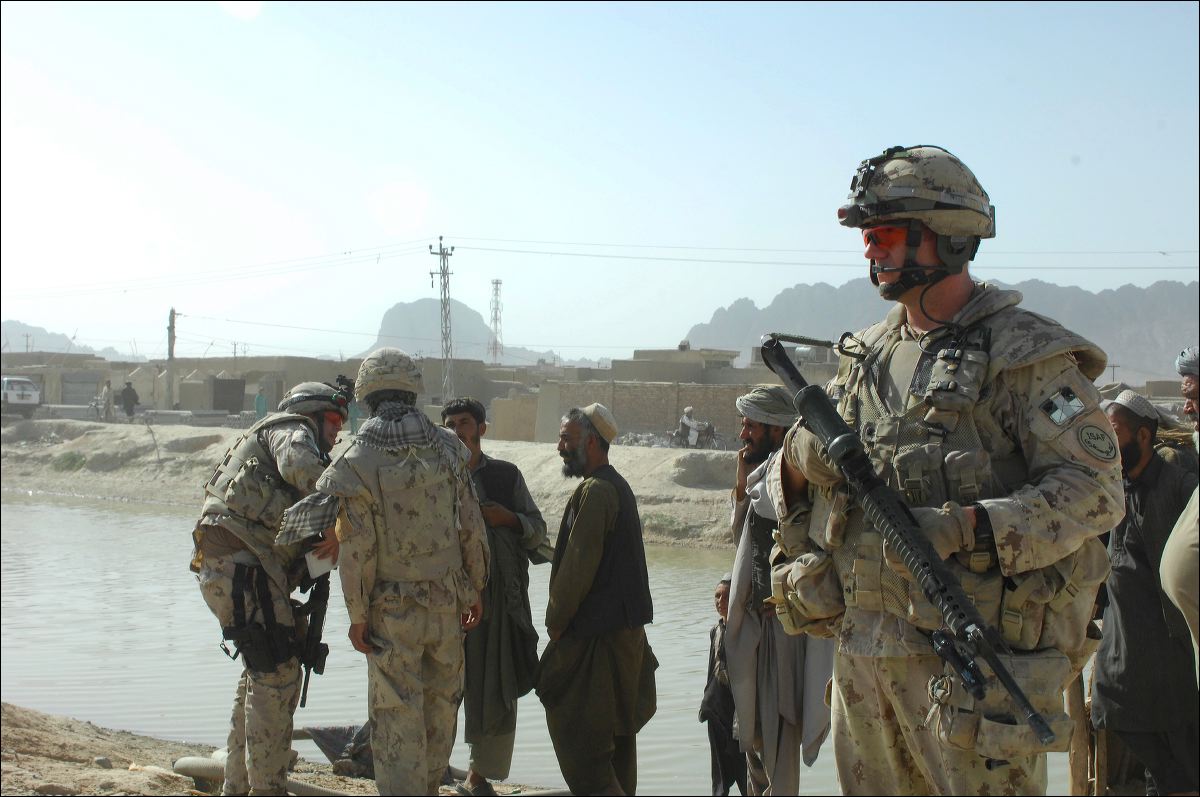The Commonwealth of Nations is a collection of 53 member states including developed, developing, and emerging countries. Because it is the successor organisation to the British Empire, all habitable continents are represented in the Commonwealth, as are all races, and religions. But despite the Commonwealth’s very great diversity, English is its lingua franca, and most of its legal systems are based on English Common Law.
Though its reason for existence may be unclear to many people, the two last facts might have amounted to a case for strengthening Commonwealth ties, and perhaps even for free trade amongst Commonwealth countries. But surprisingly, the case for Commonwealth free trade has been made only very recently in a pamphlet entitled CommonTrade, CommonGrowth, CommonWealth by Tim Hewish and James Styles, two parliamentary researchers at Westminster, U.K.
In response The Economist pointed out many of the problems attached to transforming the Commonwealth into a trading bloc. Notably, any attempt at reform of the Commonwealth by its leading members (Australia, Canada, and New Zealand) is likely to be construed by some as a form of neo-colonialism. But the Commonwealth arguably suffers most from widespread ignorance: in a recent poll, for example, half of all Canadians surveyed could not name even one of its functions.
So Canadians should know that 2012 may well be remembered as a banner year for the Commonwealth interaction and cooperation. Some of the more recent developments include the Canadian and British agreement to share embassies, and some of the final steps towards an Indian-Canadian free trade deal. Also, it is not common knowledge in Canada that the United Kingdom Borders Bill had its first reading on 11 July in Westminster. This bill allows, amongst other things, ”subjects of Her Majesty’s realms to enter the United Kingdom through a dedicated channel at international terminals.” This would make travel between Canada and Great Britain significantly easier, and may foreshadow the strengthening of other ties also.[captionpix align=”left” theme=”elegant” width=”320″ imgsrc=”http://upload.wikimedia.org/wikipedia/commons/a/af/Flag-map_of_Canada_%28Commonwealth_of_Nations%29.svg” captiontext=”Canada is a founding member of the Commonwealth of Nations, and is its most senior member after Great Britain.”]
The news of 26 November attracted much more attention in Canada. George Osborne (British Chancellor of the Exchequer) announced the appointment of Mark Carney as Governor of the Bank of England. Many Canadians may be surprised at Mr Carney’s heartening welcome to his post. It was pointed out in the British House of Commons that, as a Canadian, Mr Carney is a subject of Her Majesty the Queen, and the response was a loud chorus of approval. Canadian fiscal prudence and discipline is respected at the highest levels of government in the UK, and Mr Carney’s appointment is emblematic of our transformation from junior partner to equal with Great Britain.
Finally, on 12 December, British MP Andrew Rosindell made the case for Commonwealth trade in Westminster. Many of the recommendations in the pamphlet CommonTrade, CommonGrowth, CommonWealth were then debated. The debate began with the astonishing declaration that the English-speaking world is “the most powerful collection of nations on earth today,” and that the Commonwealth was the best-placed organisation to develop their potential.
And their potential is indeed great. Combined Commonwealth GDP stands at $8.4 trillion and projected annual total growth is 3.7%. In African and Asian Commonwealth countries, growth is even higher at 5.0% and 6.5% respectively. The size of the work force in Commonwealth countries is forecast to increase by 60% by the year 2050. Commonwealth countries consistently rank high (much higher than European countries) on measures such as the Fraser Institute’s Indexes of Freedom, the Corruption Perception Index, and the World Bank’s Ease of Doing Business rankings. I have written about these advantages here before.[captionpix align=”right” theme=”elegant” width=”320″ imgsrc=”http://www.caribbean360.com/thumbnail.php?file=images/Caribbean/Hugh_Segal_378157633.jpg&size=article_medium” captiontext=”Senator Hugh Segal, Canada’s Special Envoy to the Commonwealth, has made Commonwealth renewal a high priority.”]
So what should Canada do about this? It is too soon to tell what will come of the Commonwealth trade debate in Westminster. But the important thing is that it is now underway, and it is long overdue. We need to have the same conversation in Ottawa. The merits of Commonwealth trade and closer relationships amongst its members should now be discussed widely in Canada. Apart from petitioning MPs, Canadians can begin by writing to Senator Hugh Segal, Canada’s Special Envoy to the Commonwealth — a position so far unique to Canada.
In an increasingly uncertain and multipolar 21st century, it is in the Commonwealth that Canada may find its greatest allies and trading partners. Let’s make 2012 the year that the Commonwealth took the first steps towards much closer cooperation.




